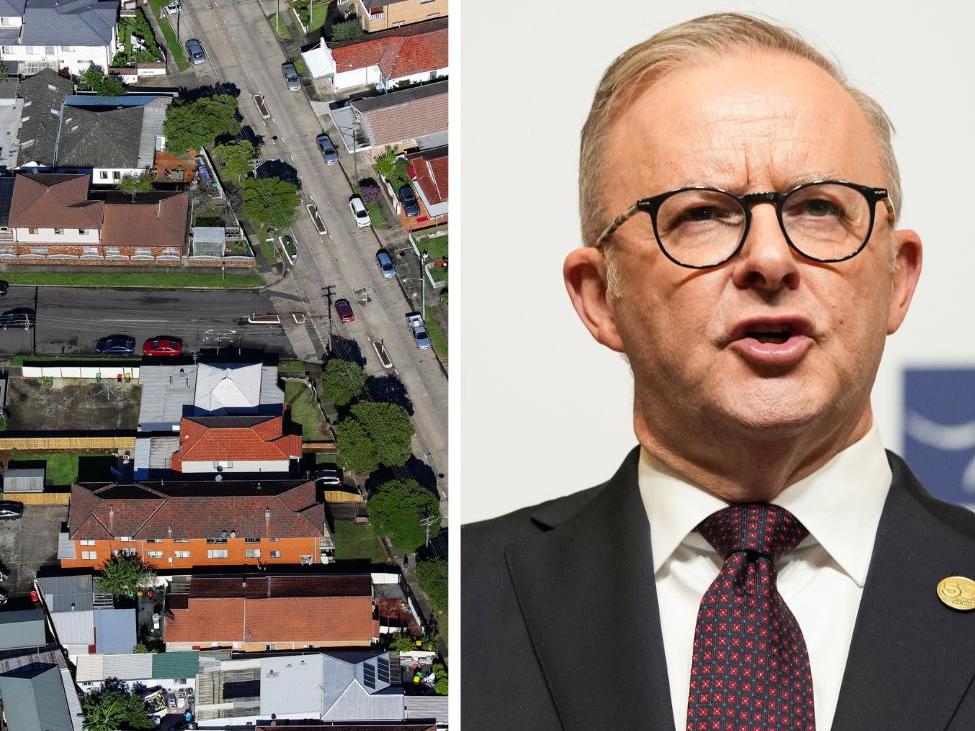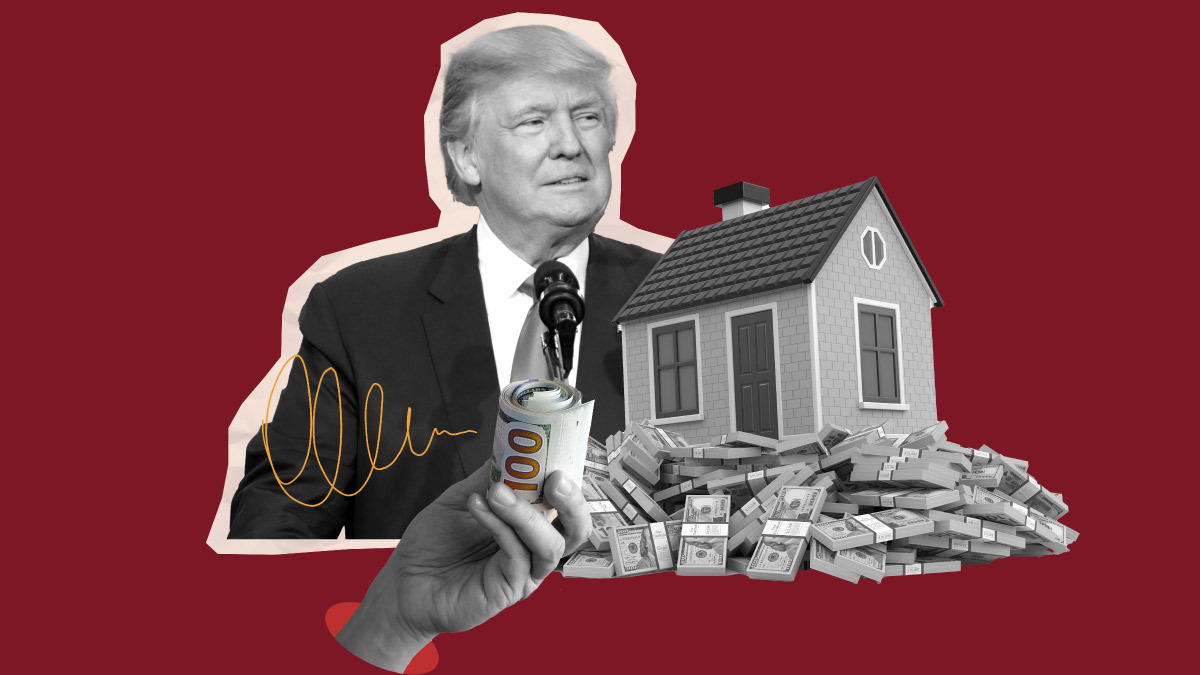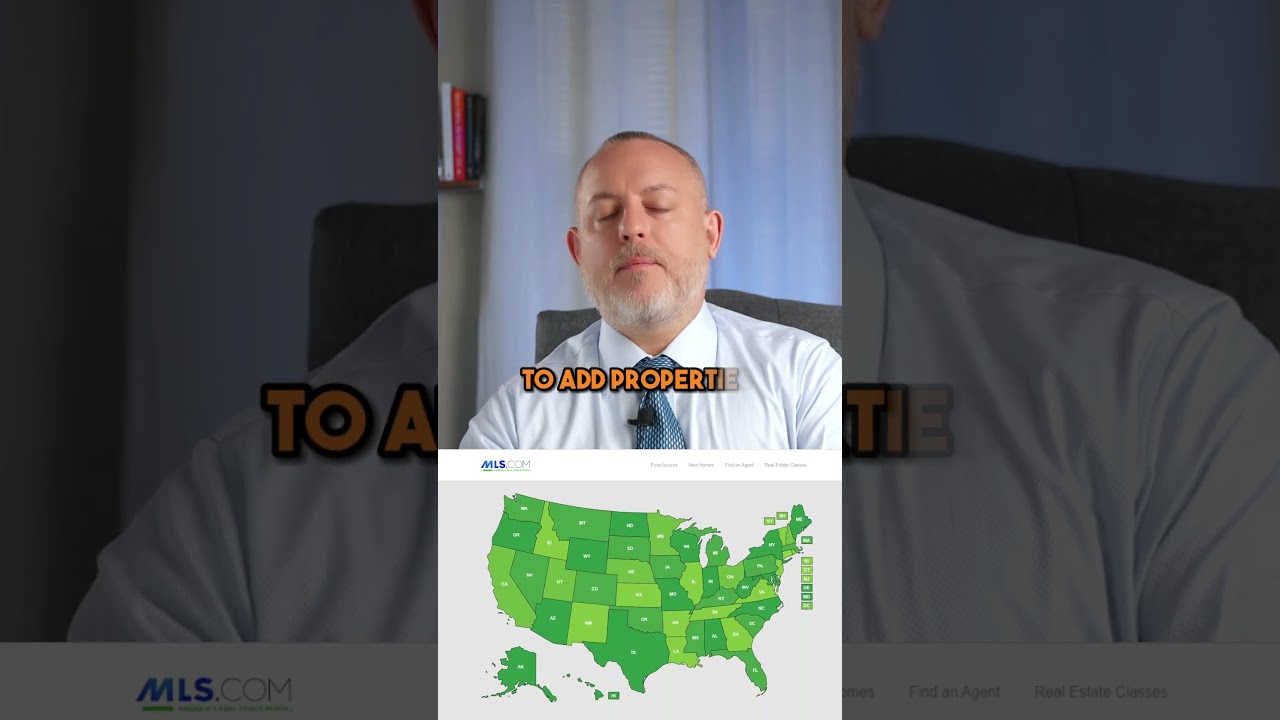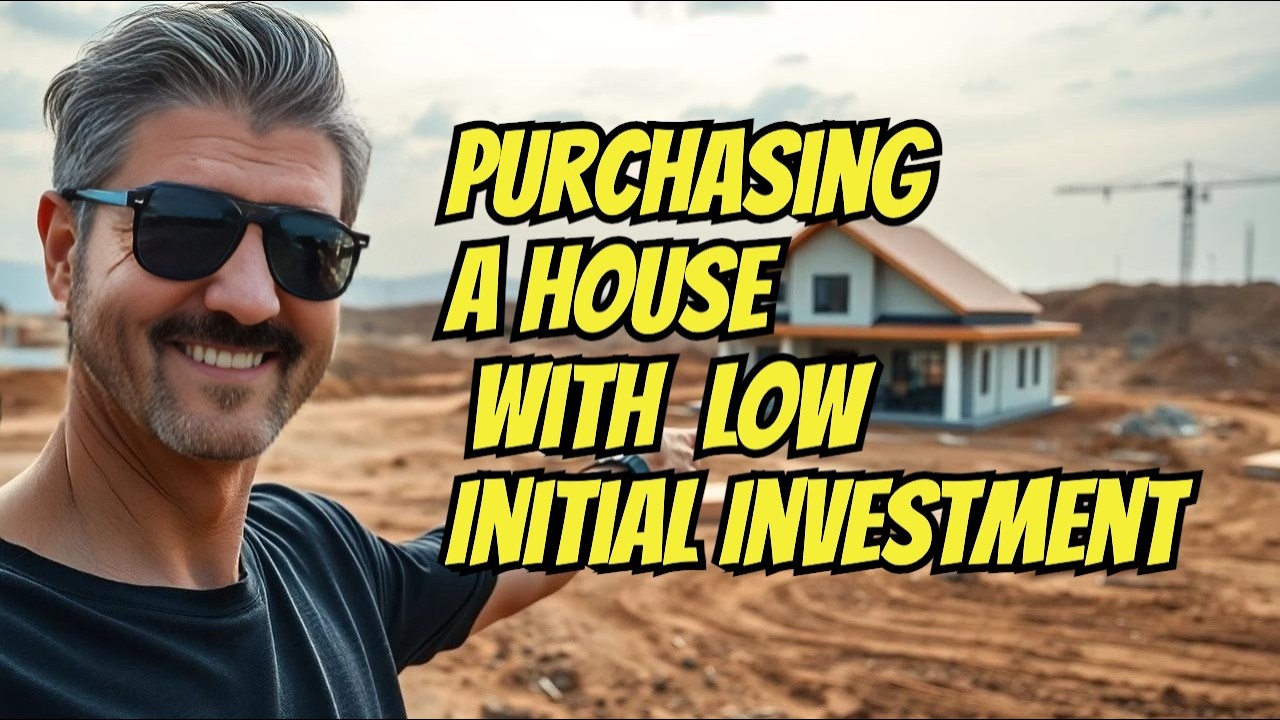
Housing costs have soared in most electorates since the last federal election, with new figures revealing the alarming rate affordability has deteriorated since the Albanese government took office.
The exclusive research also indicated booms and busts in property markets across the country have ensured mixed housing outcomes in various parts of the country since the ALP came to power in 2022.
Prices skyrocketed by twice the rate of record levels of inflation in nearly a quarter of federal electorates, according to the Capital Property Advisory data, modelled with research from SuburbTrends.
Another third of electoral divisions recorded gains in prices of about 1-10 per cent – in many cases, well above long-term growth averages.
MORE: Bold moves that got Albo $8.8m property empire
Experts have pointed housing construction woes as a key driver of home price rises since 2022.
+ SEE HOW YOUR ELECTORATE PERFORMED: EACH SEAT REVEALED
There were also deep falls in some areas. Property prices dropped in just over a third of the country’s federal electorates over the two and a half year period, the data revealed.
It comes as additional polling shows housing affordability could be a vital election issue, with nearly 87 per cent of Australians surveyed indicating it would influence how they voted next election.
The bulk of the seats where housing costs exploded were in WA, SA and Queensland, while the falling markets were concentrated in Sydney, Melbourne and regional Victoria.
The biggest NSW rise were recorded in the seat of Berowra, in northern Sydney, where home prices jumped an average of 26 per cent since the May 2022 election. The seat of McMahon in Western Sydney had a 17 per cent rise and in Chifley, also in the west, it was 13 per cent.
MORE: Turnbull’s private $150m home revealed
Prices fell in Albanese’s own seat of Grayndler in the inner west. Picture: AFP
MORE: Home prices fall in 40pc of Sydney suburbs
John Howard’s old seat of Bennelong in northwest Sydney had the biggest price drop, with values falling an average of 36 per cent.
Matthew Hughes, investment adviser at property group CPA, said housing affordability would be top of mind for voters.
He said the problem was deeply rooted in the numerous issues affecting the construction industry, which meant not enough homes were getting built at a time of record population growth.
“Issues with housing supply and demand are nuanced, but it’s the young people living within inner (city) seats that have probably been affected most,” Mr Hughes said.
Experts said voters views on the issue could be dictated somewhat by their position on the property ladder.
MORE: Looming ‘threat’ if RBA fails to act
Haruka Terasawa, with daughters Yuina, Hanna and Ayuna, are selling their home in Roseville. Picture: Justin Lloyd.
MORE: Inside the private homes of Aussie prime ministers
Renters and prospective buyers have typically told surveys that they viewed price falls as a positive while existing homeowners usually welcomed the “wealth effect” generated by property value gains.
Mortgage Choice polling revealed 87 per cent of Aussies said housing affordability would affect how they voted.
Two thirds said making housing more affordable was important to them and just half wanted the supply of homes increased.
Rent controls were supported by about a third of voters surveyed. Similar proportions of Aussies supported tax incentives for investors or increased support for first-home buyers.
MORE: Why Trump win could cost Aussies money
Governor of the Reserve Bank of Australia Michele Bullock. Rate rises have contributed to housing affordability changes. Picture: Martin Ollman
Mr Hughes noted that some of the recent property price drivers trace back to the pandemic-era, particularly the HomeBuilder scheme, which provided first-home buyers grants to purchase new homes.
Mr Hughes explained that this pushed up demand at a time of materials shortages, which exacerbated construction backlogs – particularly in mid-size capitals like Brisbane and Perth.
“We are still feeling the effects,” Mr Hughes said. “Time frames to build a house went from about eight months to, now, more than 18 months.
“Costs have blown out and (state and federal) governments have done little to solve this.”
Property Investors Council of Australia director Ben Kingsley said it would be interesting to see how price falls in Melbourne, and to a lesser extent Sydney, would affect the election.
Deep falls in real estate values could cause some home owning voters to reassess their financial position, he said.
More housing still needs to be built to address housing affordability issues.
“We saw what happened with the Trump rebirth: do people feel better off or worse off under the current leadership,” Mr Kingsley said.
“And the wealth effect would be playing into this for households. If the home value has gone down, they would definitely feel worse off.”
He added that the coming election would also test how much people are willing to accept home values falling as a social good while they are paying potentially seven figures in interest to their bank over a 30 year loan.
“At some stage there’s a tipping point of just how much they will accept,” Mr Kingsley said.
“I think you will see that they won’t tolerate it (if) they are aware of it. And if they aren’t aware in this election cycle, they will be in the next federal electoral cycle.”
Homeowners appear to have mixed feelings about price changes.
Haruka Terasawa and his family bought their Roseville home in 2019 and have benefited from the steep value increases in their area over the years since.
But their now upsizing, listing their current home with agent Jessica Cao at Ray White, and will have to buy and sell in the same market.
“We’d like to buy our next home within a reasonable budget while ensuring its spacious enough for our family,” Mr Terasawa said.
“We are waiting until we sell the house to see how it goes but everything is a bit of a challenge … it’s our first time selling, so we are excited but also worried about prices and interest rates,” he said. “Of course we want the interest rates to go down but I think that will mean more competition when we go to buy a house.”
– With additional reporting by TAYLOR TROETH






